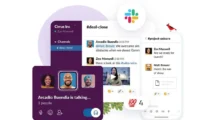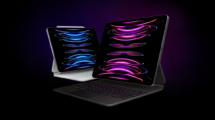Facebook is gearing up to develop a system which enables laser beams to deliver faster Internet access to remote areas. Designed and developed by Facebook Connectivity Lab, lasers are not only an attractive but also safe to transfer large chunks of data over large distances.
Capable of storing plenty of data and vital information, laser beams developed by Facebook doesn’t require dedicated spectrum such as cellular networks. This means they can be used to establish ad-hoc connectivity links to off-grid locations.
The laser beam makes use of line-of-sight light transmission and hence more than one can be easily deployed in the same area without any interference. However, in order to fetch high data rates, the detectors which will be used to catch the signals delivered by the light have to be small.
Also Read: Facebook for Android gets offline video feature just like YouTube
Meanwhile, engineers from the Facebook Connectivity Lab have developed the whole system in such a way to eliminate a potential problem, which will normally occur when light beam propagates through space. This was achieved by making effective use of the fluorescent optical fibers, which absorb blue laser light and re-emit it as green.
Commenting on the new laser beam invention, the engineers revealed that a wide range of plastic optical fibers, wrapped with organic dye molecules absorb light, which will be blue and re-emit it as the green light and is shaped into a sphere type object.
Read More: Facebook expands Ad network to track non-users around the Internet
The green light will be emitted within two nanoseconds after the laser signal hits the fibers. While the light travels down the fiber length, they are directed towards a small and fast photodetector.
As of writing this, the laser beam system is capable of receiving data signals up to 2.1 gigabits per second. However, the team disclosed that the rate will become high if it manages to absorb infrared instead of blue light. In the meantime, Facebook Connectivity Lab has been working on to develop a solar-powered drone to deliver Internet access, although the progress is little slow.



